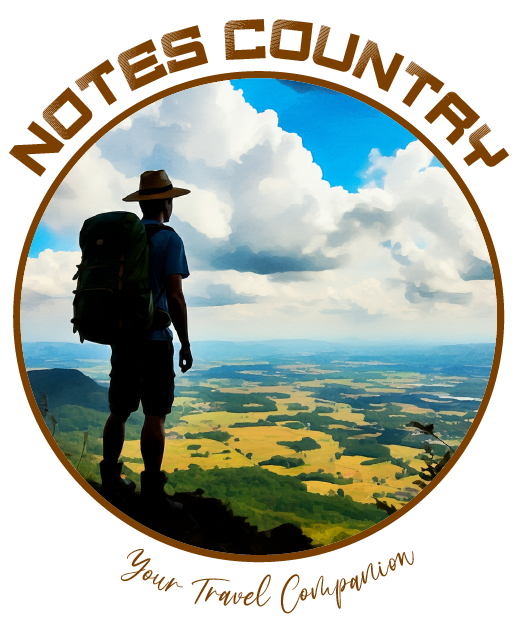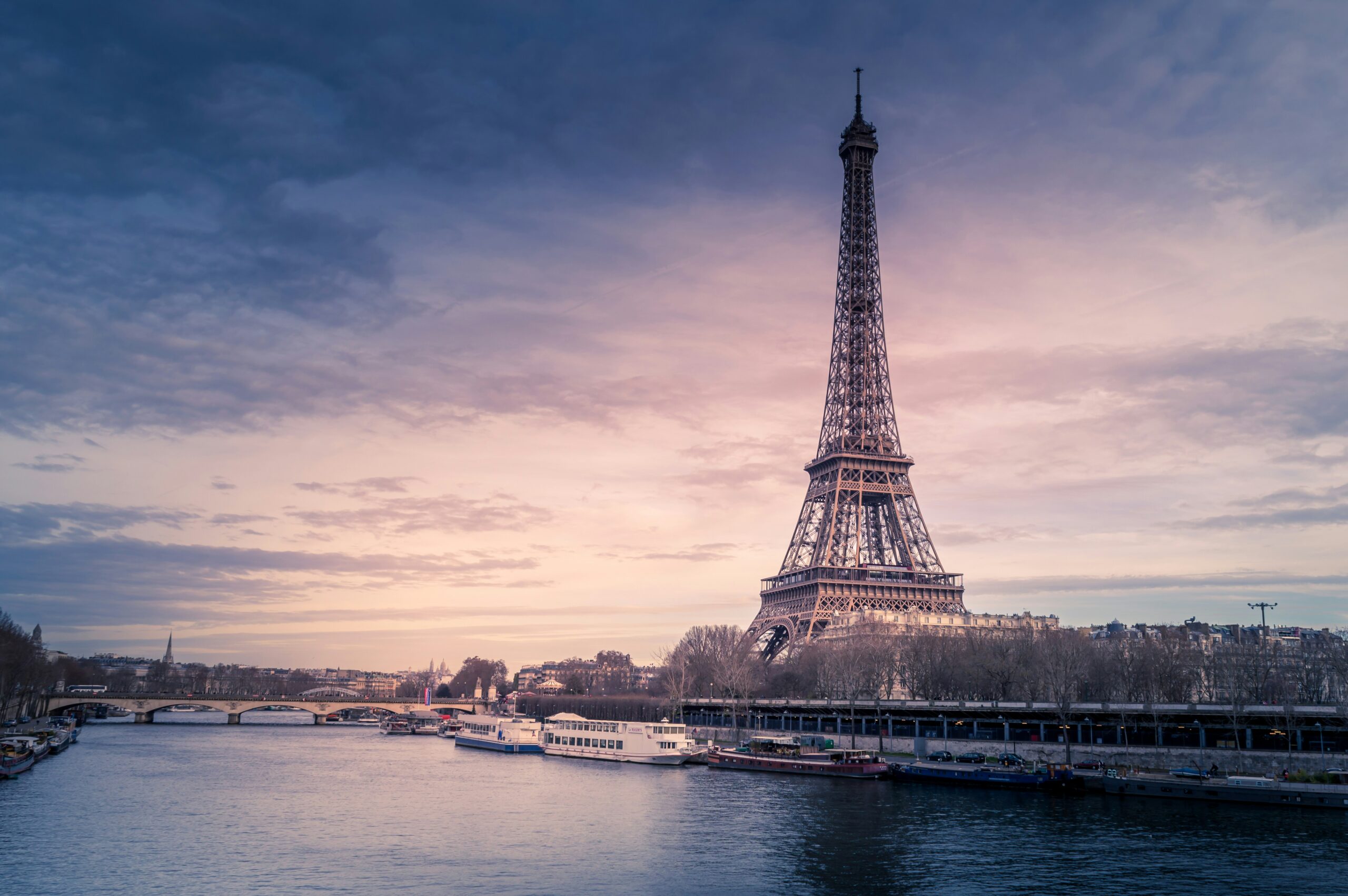France, a country rich in history, culture, and natural beauty, offers a diverse range of tourist attractions. Here are some of the most popular cities and regions:
Paris
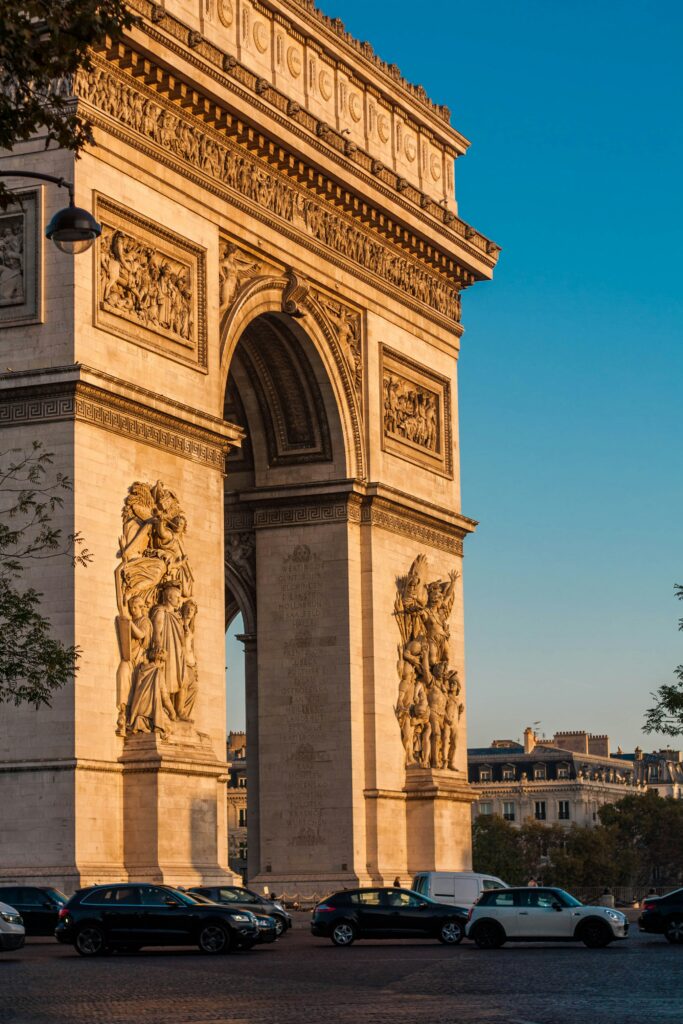
- Eiffel Tower: An iconic landmark offering panoramic views of the city.
- Louvre Museum: One of the world’s largest and most famous art museums.
- Notre Dame Cathedral: A Gothic cathedral with stunning stained glass windows.
- Arc de Triomphe: A triumphal arch commemorating French military victories.
- Palace of Versailles: A magnificent palace and gardens that once served as the home of French kings.
French Riviera
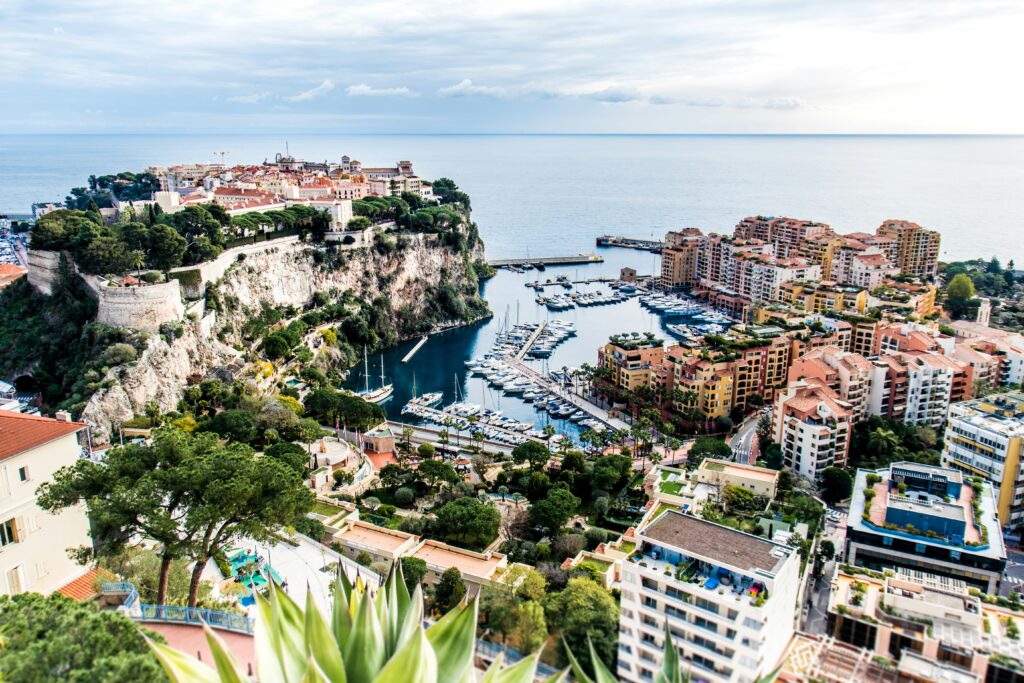
- Nice: A vibrant city with beautiful beaches, museums, and the Promenade des Anglais.
- Cannes: A glamorous resort town known for its film festival and luxury shopping.
- Monaco: A tiny principality with a casino, yacht harbor, and the Prince’s Palace.
- Antibes: A charming coastal town with a medieval old town and beautiful beaches.
Provence
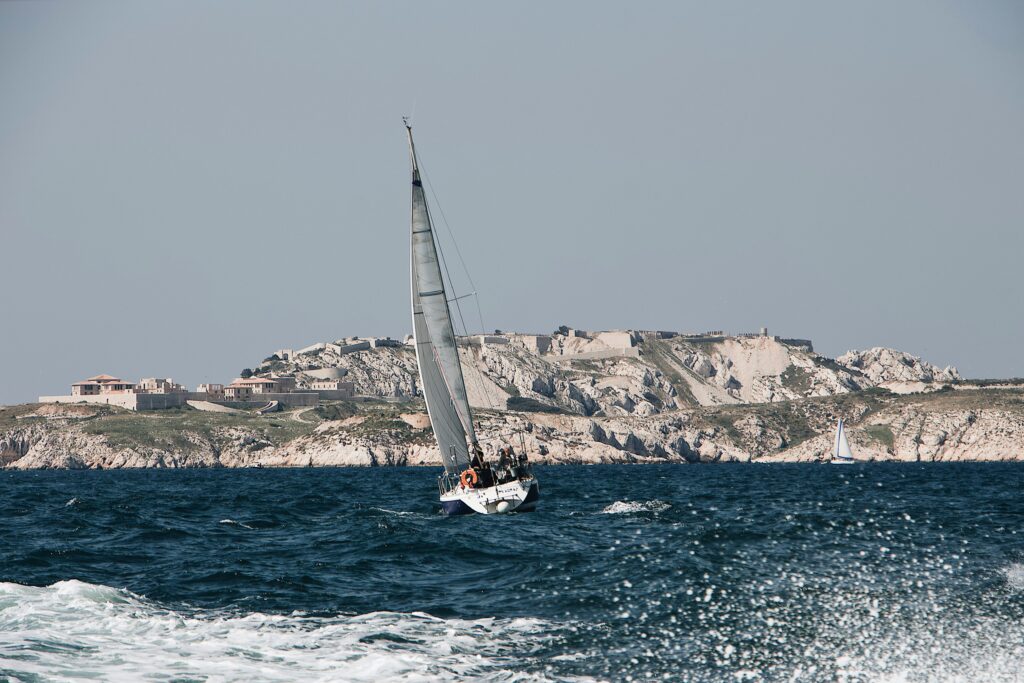
- Marseille: The largest city in the south of France, with a vibrant port and historic old town.
- Aix-en-Provence: A charming city with a university, museums, and beautiful fountains.
- Avignon: A medieval city with a well-preserved papal palace and bridge.
- Luberon Valley: A picturesque region with lavender fields, hilltop villages, and vineyards.
Loire Valley
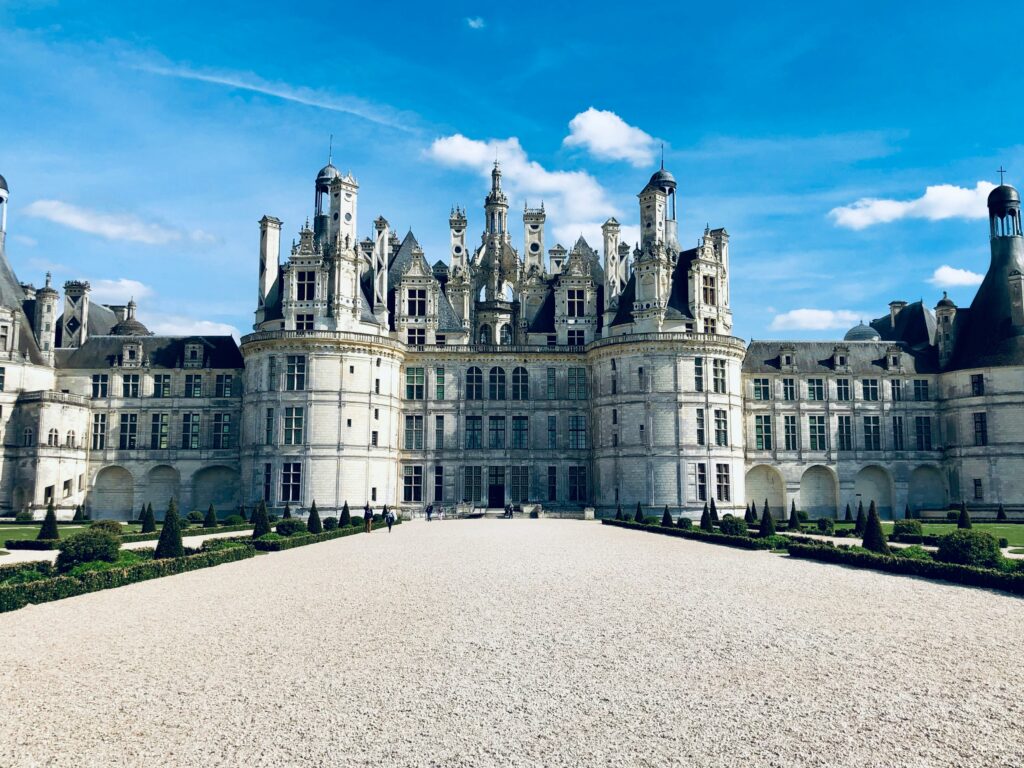
- Château de Chambord: A magnificent Renaissance castle with intricate architecture and gardens.
- Château de Chenonceau: A castle built on a bridge over the Cher River.
- Château de Azay-le-Rideau: A beautiful castle surrounded by a moat.
- Tours: A city known for its wine production and medieval architecture.
Normandy
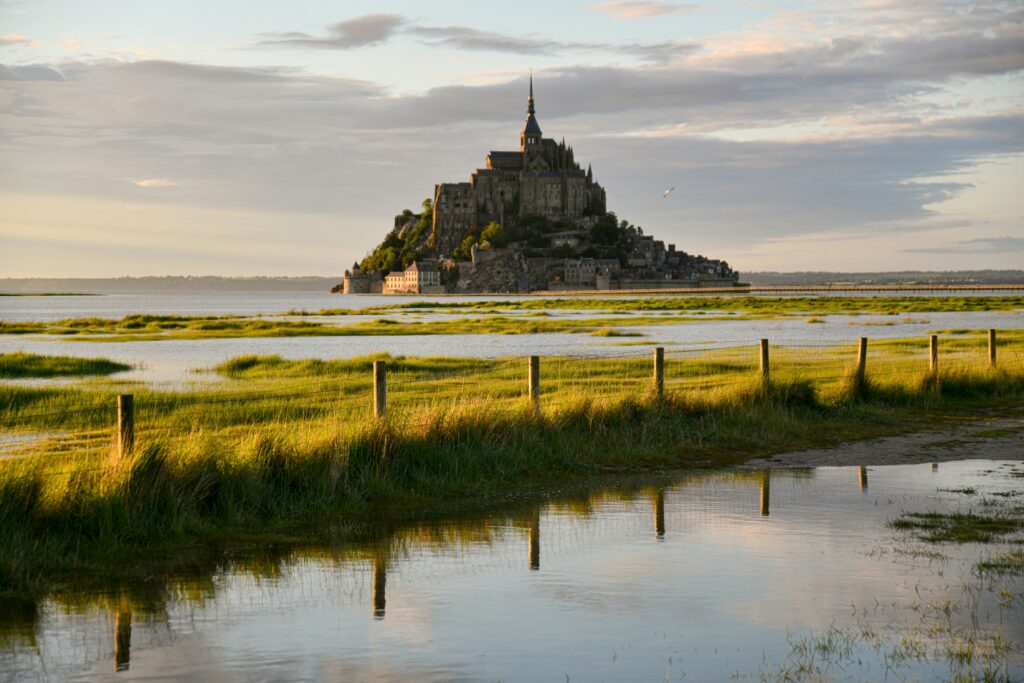
- Mont Saint-Michel: A famous tidal island with a Benedictine abbey.
- D-Day Beaches: Beaches where the Allied forces landed on June 6, 1944.
- Bayeux Tapestry: A famous embroidered cloth depicting the Norman invasion of England.
- Rouen: A historic city with a Gothic cathedral and half-timbered houses.
Brittany
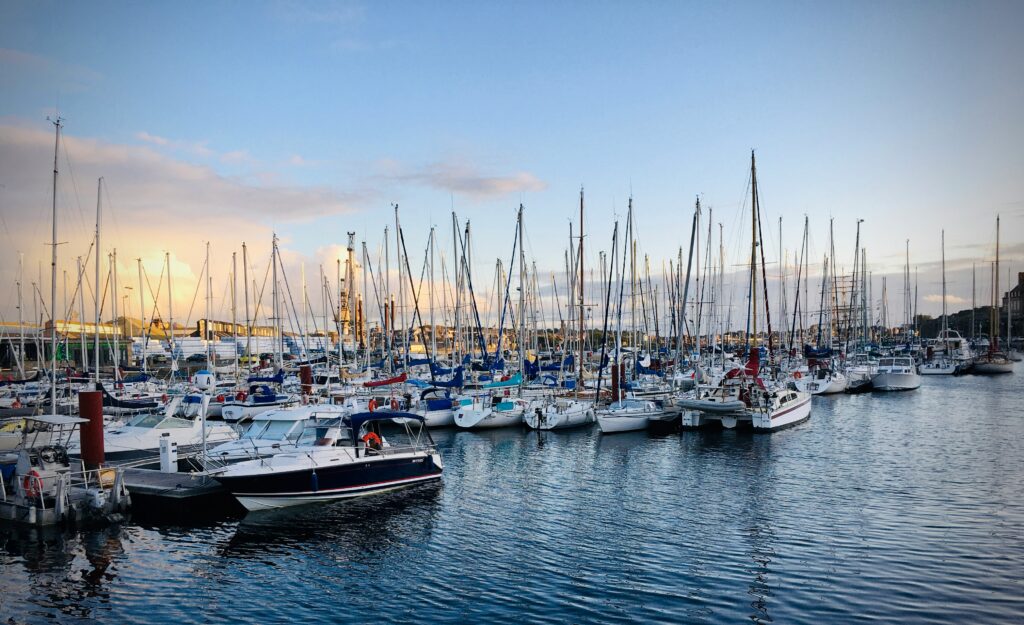
- Saint-Malo: A walled city with a pirate history and beautiful beaches.
- Carnac: Known for its prehistoric megalithic alignments.
- Brest: A naval city with a maritime museum and a submarine base.
These are just a few of the many tourist attractions that France has to offer. With its rich history, culture, and stunning landscapes, France is a popular destination for travelers from all over the world.
Planning a trip to France offers an incredible opportunity to explore a country known for its rich history, breathtaking landscapes, culinary excellence, and iconic landmarks like the Eiffel Tower and the Louvre. Whether you’re dreaming of sipping coffee in Parisian cafes, exploring medieval castles, or tasting wines in the countryside, here’s an expanded guide to help you make the most of your trip to France:
1. Travel Documents
- Visa: France is part of the Schengen Zone, so travelers from Schengen Area countries can travel freely without a visa. Visitors from the U.S., Canada, Australia, and many other nations can stay for up to 90 days without a visa. Always confirm your country’s visa requirements well before your trip.
- Passport: Ensure that your passport is valid for at least six months beyond your intended stay.
- Travel Insurance: Travel insurance is recommended to cover potential health emergencies, trip cancellations, or lost baggage. While France offers high-quality healthcare, private services can be expensive without coverage.
2. Entry Requirements
- COVID-19: As of now, many COVID-19 restrictions have been lifted in France, but it’s always good practice to check for the latest updates on vaccination, testing, or entry requirements before your trip.
- Customs: France has strict regulations regarding bringing certain items into the country, particularly alcohol, tobacco, and large sums of money. Additionally, fresh food or certain animal products may not be allowed.
3. Health Conditions
- Vaccinations: No specific vaccinations are required to enter France, but it’s wise to ensure routine vaccines (like tetanus or hepatitis A/B) are up to date.
- Pharmacies: Pharmacies are easy to spot in France thanks to their green cross sign. They are well stocked with medications, and pharmacists are trained to offer advice for minor health concerns. Many speak English, especially in urban areas.
- Healthcare: France has a high-standard healthcare system. For minor medical issues, you can visit a local médecin généraliste (general practitioner). In an emergency, dial 112 or visit the nearest hospital.
4. Currency and Payment Methods
- Local Currency: France uses the Euro (EUR). ATMs (called distributeurs automatiques de billets) are widespread, and major credit and debit cards (especially Visa and Mastercard) are accepted almost everywhere.
- Credit and Debit Cards: Contact your bank ahead of time to notify them of your travel plans to avoid any disruptions in service. Many restaurants, shops, and hotels accept cards, though in smaller towns or markets, cash may be preferred.
- Tipping: Tipping in France is generally not required, as service is often included in the bill. However, if the service was exceptional, leaving a small tip (5-10%) is appreciated. It’s also common to round up the bill when paying in cafes or taxis.
5. Language and Culture
- Language: The official language of France is French. While many people in larger cities and tourist areas speak English, it’s respectful and appreciated if you learn a few basic phrases in French, such as “Bonjour” (Good morning), “Merci” (Thank you), and “S’il vous plaît” (Please).
- Cultural Etiquette: French people value politeness and formal greetings. Always greet people with “Bonjour” when entering shops, and use “Merci” (Thank you) when leaving. When dining, avoid raising your voice and try not to rush your meals—dining is considered a social experience to be savored.
6. Safety
- Pickpocketing: Pickpocketing can be an issue in tourist-heavy areas such as Paris, Nice, and Marseille, especially near landmarks like the Eiffel Tower, the Louvre, and in metro stations. Keep your valuables secure, and avoid carrying large amounts of cash. A money belt or anti-theft bag can be helpful.
- Emergency Numbers: For police, fire, or medical emergencies, dial 112 (the EU-wide emergency number). In case of non-urgent health issues, you can also call 15 for an ambulance.
- General Safety: France is a generally safe country, but it’s always good to stay aware of your surroundings, especially in busy urban areas and train stations.
7. Weather and Clothing
- Seasons:
- Summer (June to August): Summers in France are warm, especially in the southern regions. Coastal areas like the French Riviera can be quite hot, with temperatures reaching up to 30°C (86°F), while Paris tends to be warm but manageable.
- Winter (December to February): Winters are mild in the south but can be quite cold in the north, with temperatures dropping to near freezing in cities like Paris and Strasbourg.
- Spring and Fall: These are the best times to visit, as the weather is generally mild and the tourist crowds are smaller. Spring brings flowers and moderate temperatures, while autumn offers beautiful foliage, especially in the wine regions.
- Clothing: Dress according to the season, but note that the French generally dress more formally, especially in Paris. Pack comfortable shoes for walking (especially on cobblestone streets), and bring layers for cooler evenings. Modest attire is expected when visiting churches and religious sites.
8. Transportation
- Trains: France boasts one of the best train systems in Europe. The TGV (Train à Grande Vitesse) offers high-speed connections between major cities like Paris, Lyon, Marseille, and Bordeaux. You can book tickets through SNCF (France’s national rail service) or apps like Trainline. Booking in advance often provides discounts.
- Public Transport: Cities like Paris, Lyon, and Marseille have efficient metro and bus systems. In Paris, the RATP network operates buses, metros, and trams. Tickets can be bought at kiosks and must be validated before use.
- Taxis: Taxis are available in most cities, but rideshare apps like Uber are also commonly used. Make sure you use official taxi services and avoid unlicensed vehicles.
- Car Rental: If you plan on exploring the French countryside or wine regions, renting a car is a good option. Be aware that French cities, especially Paris, have many restricted driving zones (known as ZTLs), and parking can be challenging in urban areas. An International Driving Permit (IDP) may be required if your driver’s license isn’t in French.
9. Accommodation
- Hotels: France offers a wide variety of accommodations, from luxury hotels in Paris to charming boutique stays in Provence and budget-friendly options across the country. Major cities have international hotel chains, while smaller towns often feature charming, family-run hotels or bed-and-breakfasts.
- Airbnb and Vacation Rentals: Short-term rental services like Airbnb are popular, especially in major cities and tourist destinations. Staying in a rented apartment can offer a more authentic, local experience.
- Hostels: For budget travelers, hostels are widely available, especially in larger cities like Paris, Nice, and Lyon. These are great options for meeting fellow travelers and keeping costs low.
10. Emergency Numbers
- Police: Dial 17 for police emergencies.
- Ambulance: Dial 15 for medical emergencies.
- Fire Services: Dial 18 for fire-related emergencies.
- Tourist Assistance: France has tourist police in major cities like Paris, who can assist with issues like lost property or legal matters.
11. Internet and Telephony
- SIM Cards: You can purchase a local SIM card at the airport, from telecom providers like Orange, SFR, and Bouygues Telecom, or at retail shops. These cards often offer prepaid plans with ample data for navigating and staying connected.
- Wi-Fi: Free Wi-Fi is available in most hotels, cafes, and restaurants in urban areas. Public Wi-Fi can be found in many city centers and transport hubs, though it may be less available in rural areas.
- Electricity: France uses 230V, with Type C and E plugs. Bring a universal adapter if your devices require a different type of plug.
12. Working Hours and Public Holidays
- Business Hours: Shops typically open around 9:00 a.m. and close by 7:00 p.m., with some smaller stores and cafes closing for lunch from 12:00 p.m. to 2:00 p.m. or even longer. Restaurants generally serve lunch from 12:30 p.m. to 2:30 p.m. and dinner from 7:30 p.m. to 10:00 p.m.
- Public Holidays: France has many public holidays that might affect business hours. Some of the key ones include Bastille Day (July 14), Armistice Day (November 11), and Labor Day (May 1). On these days, many businesses, especially outside major tourist areas, might be closed or have limited hours.
13. Tipping
- Tipping in France is not obligatory, as service charges (known as service compris) are often included in restaurant bills. However, for excellent service, it’s customary to leave an additional 5-10% or round up the bill. In cafes, you can leave some coins as a gesture of appreciation. For taxis, rounding up the fare is appreciated.
14. Cultural and Social Connections
- Art and History: France is home to some of the most famous museums and historical sites in the world, including the Louvre in Paris, Mont Saint-Michel, the Palace of Versailles, and the Châteaux of the Loire Valley. If you’re passionate about art, history, or architecture, be sure to plan your visit to these cultural landmarks.
- Cuisine: French cuisine is a major highlight of any trip. From the world-famous pastries, baguettes, and cheeses to the rich dishes like coq au vin and bouillabaisse, savoring French food is essential. Regional specialties vary, so try cassoulet in the southwest, ratatouille in Provence, and quiche Lorraine in the northeast.
15. Healthcare and Emergencies
- Hospitals: France has excellent healthcare facilities, and public hospitals are available in all major cities. Emergency services are typically free, but for non-urgent care, you may need to pay or rely on your travel insurance. Pharmacies are also readily available for over-the-counter medications and advice.
Final Tip: France is a destination that rewards curiosity, whether it’s delving into its rich cultural heritage, exploring its varied landscapes, or indulging in its legendary cuisine. Whether you’re sipping wine in a vineyard, marveling at medieval castles, or strolling through the streets of Paris, take time to soak in the beauty and culture around you.
